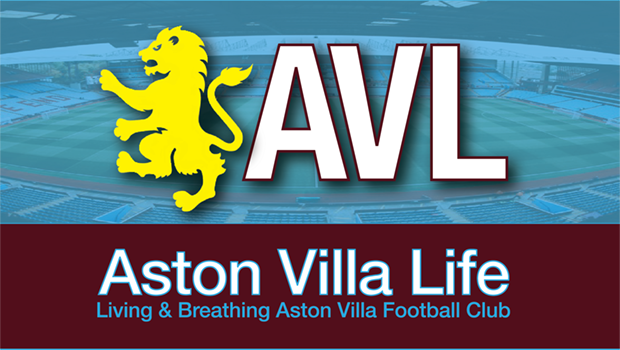

In a story unrelated to Aston Villa, but altogether relevant in terms of recent events, it is with great sadness that I am to report that Nigel Doughty, owner of Nottingham Forest, has been found dead this afternoon. He was 54 years old.
Doughty, a man who had ploughed more than £100m into the two-time European Cup winners, had agreed to step down at the end of the season after a difficult period where Steve McClaren was both hired and fired. For Forest, the crisis is far from over with the club lurking around the wrong end of the table, perhaps vindicating Billy Davies’ regular arguments with the board over funding.
To that end, such an argument draws obvious parallels to the end of the O’Neill era at Villa. Like Davies, O’Neill had his team competing at the right end of the table, making progress. Also, following the departure of both managers, both clubs fell into something of a spiral meaning fights at the wrong end of the league. Villa, luckily managed to avoid relegation last season under the stewardship of the ailing Gerard Houllier, although whether Forest will be able to do so is still yet to be known.
Problems In Football
What this death shows though, admittedly at a time where the reasoning is still not clear, is illustrate a growing issue in football with people associated with the sport. Late last year, we lost Gary Speed, a fine young man who was doing well for his country. In recent weeks, we’ve heard from Dean Windass, with the former Hull City player stating he twice attempted suicide after succumbing to alcoholism after a marriage break-up.
If these events show anything about the game, it is proving that these players are just human. Whilst some fans consider it “fair game” to scream abuse at players because they have “paid their money” to watch, the long term effect of such pressure is creating a whole host of problems.
We live in a society where interconnectivity on sites such as Twitter and Facebook make us believe we are closer than ever to the action. Tweets, in their SMS style of communication, seem to put across the belief that there is an ability to reach out and communicate with people as equals. The reality though, is that things are far from different.
Yes, it is possible to get a retweet from a player at the club if you are after that kind of thing, but it doesn’t make you their friend, and it doesn’t give you fair reason to abuse players as a result. Just because someone is accessible, it doesn’t mean you can drop your concept of sensibility and just abuse people.
Djibril Cisse, a player who scored against us in our last game, exposed two racists who had tweeted him abuse following his move from Lazio. The fact is that Lazio fans, whether they were unhappy about his sale or not, are not justified in racially abusing a player to vent their anger.
Such abuse, regularly an issue for many a footballer, manager, or owner, is somehow validated in today’s faceless society. The rise of success in social media platforms that allow the voicing of opinion, of which this site is obviously part of said movement, is a positive. Abuse though, and I mean abuse rather than criticism, whatever the rationality is far from acceptable. It’s one thing saying a manager is rubbish, or that a player has had a bad game, but racism or abuse is never justified.
Abuse Isn’t Criticism – It’s Victimisation
After all, what are we saying these players should have to handle? Abuse because they do things wrong? Racist abuse because they leave a club for another? Having their families tormented and stalked because of football performances.
I can, sadly, speak from personal experience of knowing footballers who have had this kind of thing happen to them. Whether it is abuse in the street whilst out with their families, scrawled graffiti messages on the walls of their houses, bricks put through car windows, or bed sheets daubed with offensive phrases thrown in their back garden, none of this is acceptable.
If we suggest it is, then what? Where exactly do we draw the line and, perhaps more importantly, what do we do when one of these footballers snaps and gives the abuser the kicking they may well deserve?
Do we have to wait till that point? Or do we have to read more and more stories of suicides, abuse, and attacks on people simply because of football?
Hopefully, sense will eventually kick in, and kick the abuse of people in the game out of the game.